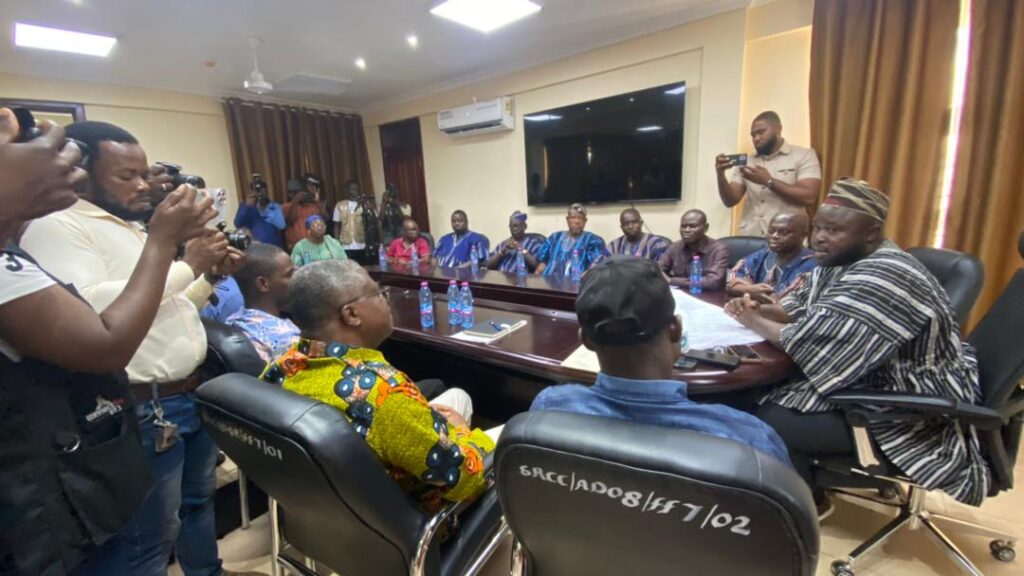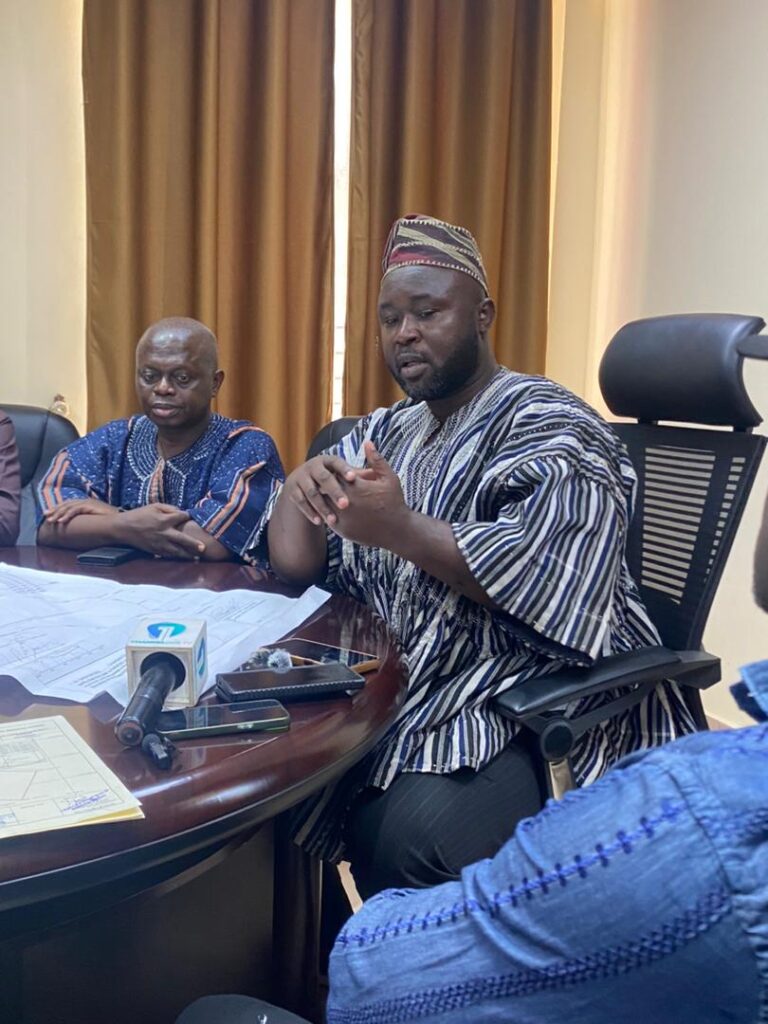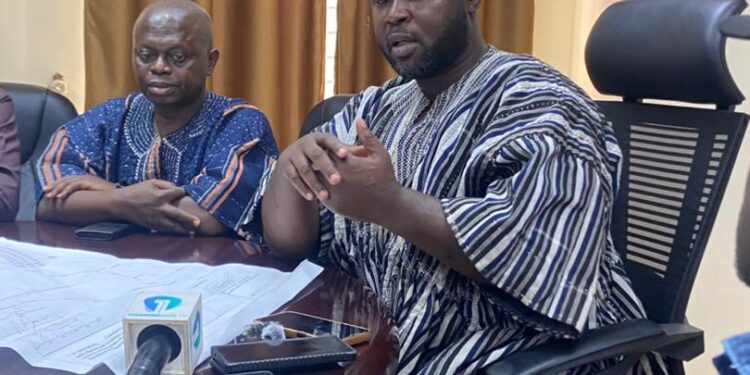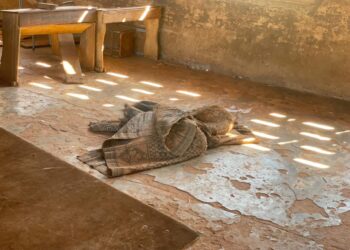The Savannah Regional Minister, Hon. Issifu Salisu Bi-Awurbe, has announced major government plans to boost healthcare and medical education in the Savannah Region. He made the remarks at a round table meeting with MMDCEs and some stakeholders during the Health Minister’s working visit to the region.

Hon. Bi-Awurbe revealed that the President has directed that new universities be established across the country, with the Catholic University of Science and Technology expected to be sited in the Savannah Region. A technical university is also planned to complement the health-focused programmes the region will soon benefit from.
He disclosed that a team from the Ministry of Education will arrive next week to identify suitable land for the new institutions. According to him, plans are underway for one of these universities to specialize in training medical doctors, a move that will open new opportunities for young people and strengthen healthcare delivery.

The Minister also highlighted government’s commitment to ensuring all district hospitals in the region operate effectively. Out of the seven districts, five have fully functional district hospitals, while Damongo’s facility originally the West Gonja District Hospital is now operated by CHAG. Two district hospitals, including Daboya and Kpalbe, are yet to be fully completed and operational.
He described Daboya as strategically located, sitting more than 50 kilometers from Damongo and serving several surrounding communities. He called for renewed efforts to complete the Agenda 111 hospital project there, which has stalled at an early stage.
Hon. Bi-Awurbe emphasized the urgent need for healthcare facilities to be well distributed due to the region’s vast landmass, which accounts for nearly one-third of Ghana’s total area. He noted that the long distances between communities make emergency response challenging unless hospitals are positioned along major highways, such as those near Daboya and Kpalbe, where major roadworks are ongoing.
Another major challenge he highlighted was accommodation for health professionals. As a newly created region, Savannah lacks adequate housing for staff posted to its facilities. He appealed for support to construct residential blocks to make postings more attractive.
Attracting and retaining skilled medical professionals also remains a concern, he said. Many high-level professionals decline postings due to limited incentives and fear of stalled career progression. The Minister stressed the need for compensatory packages to encourage specialists to serve in the region.
Despite these challenges, he expressed optimism, noting that the presence of three health training institutions in the region provides a ready pool of students who support clinical staff during their training.
Hon. Bi-Awurbe also highlighted the region’s potential for medical tourism, given its proximity to Burkina Faso and ivory Coast, and the ongoing improvement of major road networks. With modern medical facilities, he believes the region could attract patients from neighboring countries.
He concluded by encouraging the Health Minister to consider Savannah as his “new home,” and assured him of full regional support to build a lasting legacy for future generations.
Source: Padfm.com.gh/Kumatey Gorden/0243531604

















